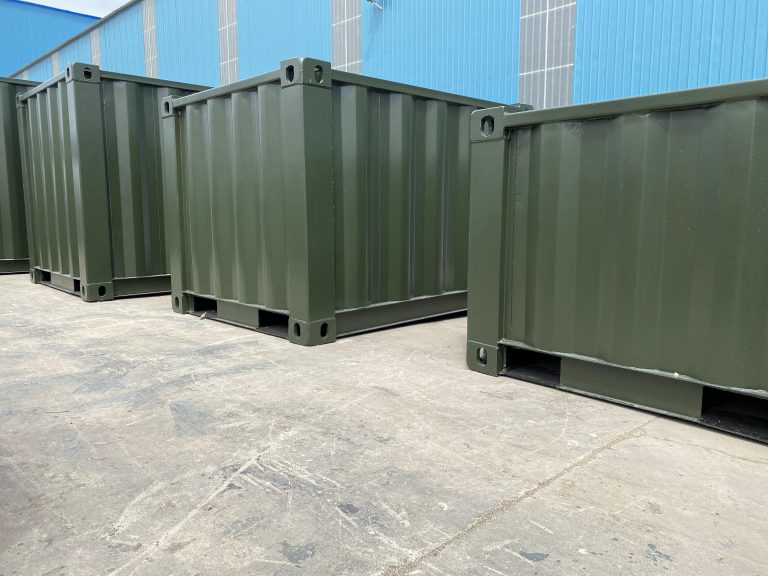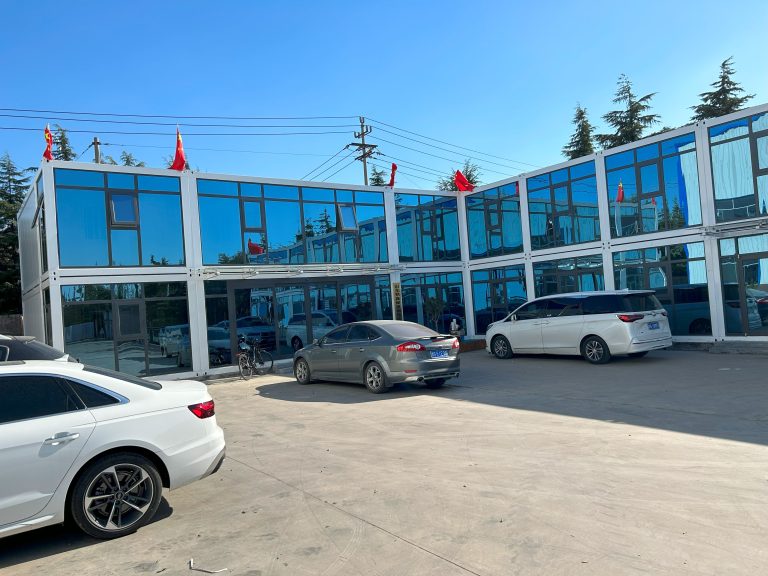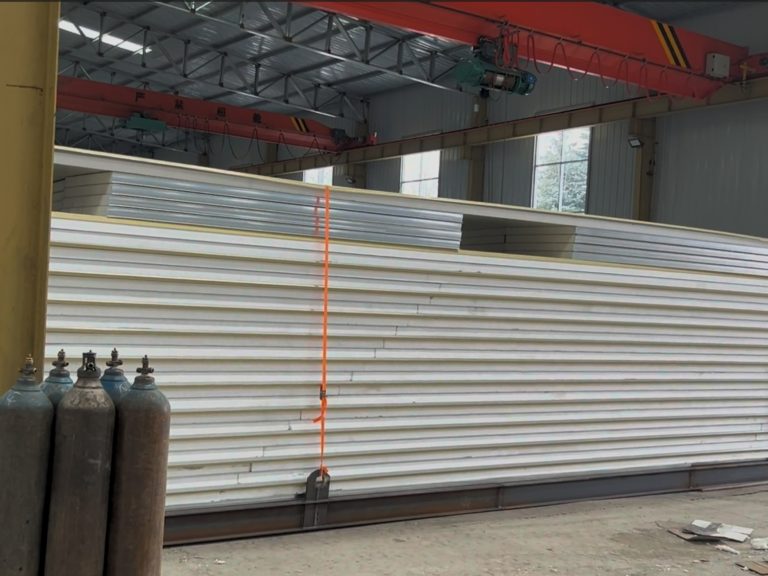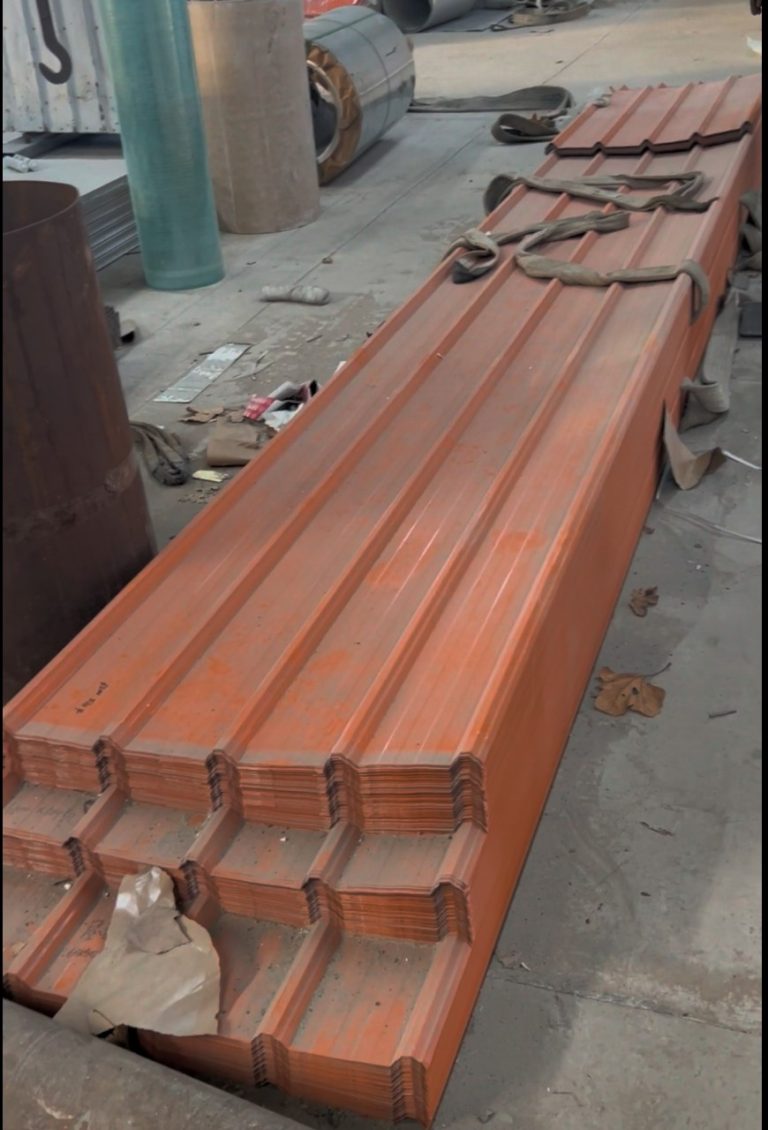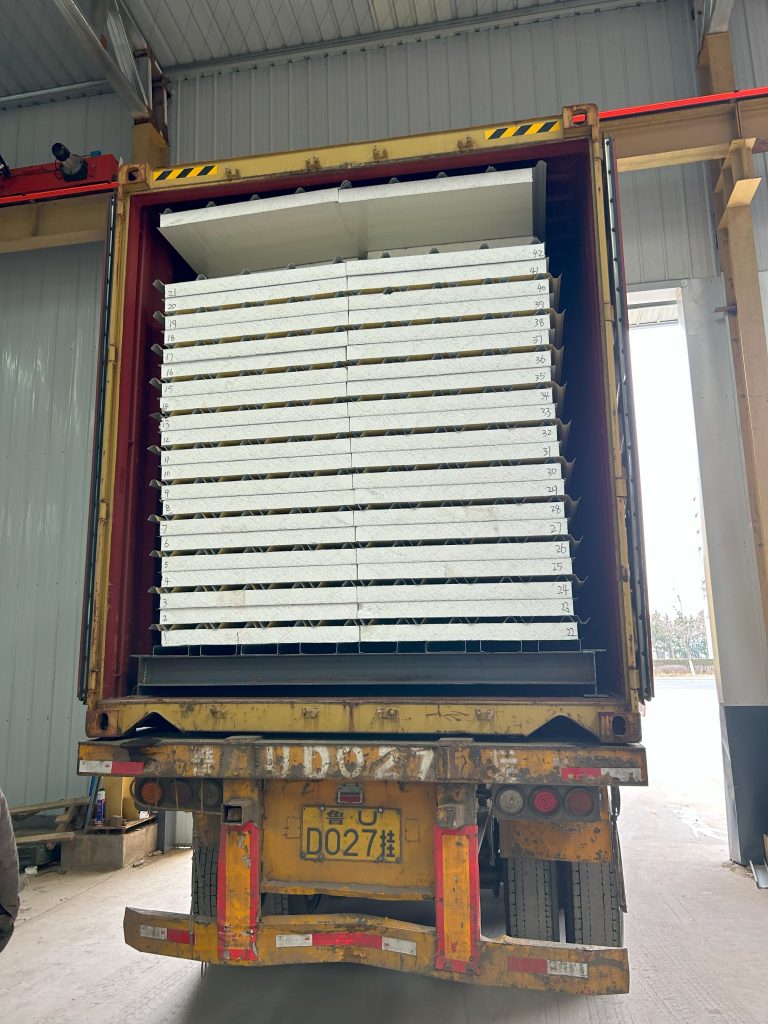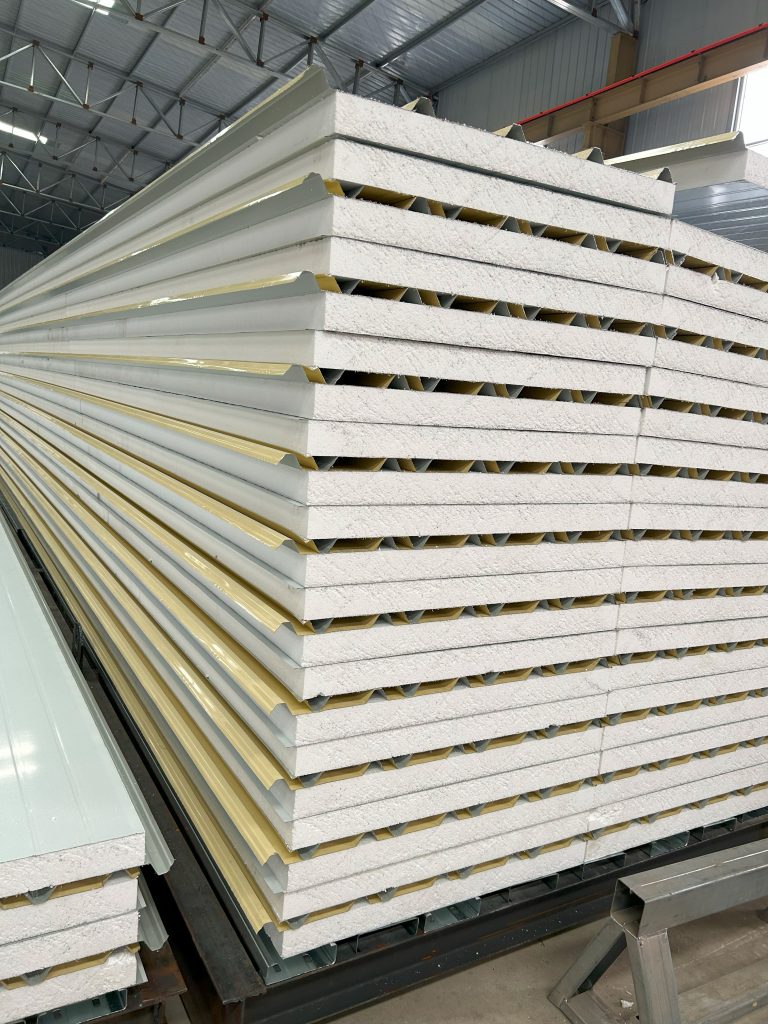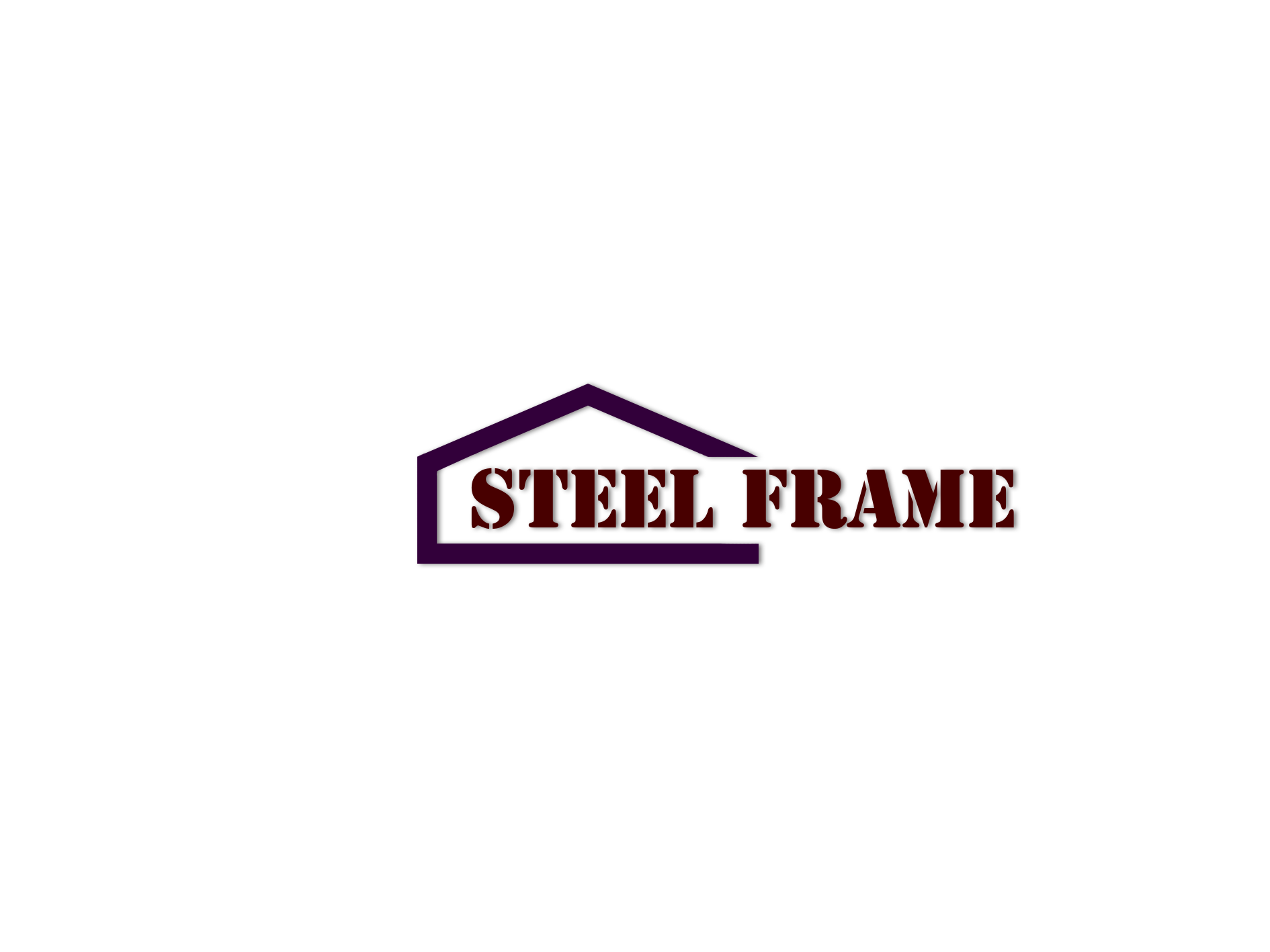Container houses are temporary structures in public places.
Inhoudsopgave
Benefits of Using Container Houses as Temporary Structures in Public Places
Container houses have become a popular choice for temporary structures in public places due to their versatility, affordability, and sustainability. These structures are made from repurposed shipping containers, which are durable and easily transportable. In this article, we will explore the benefits of using container houses in public places.
One of the main advantages of container houses is their cost-effectiveness. Compared to traditional construction methods, container houses are much more affordable. This makes them an attractive option for temporary structures in public places, such as pop-up shops, food stalls, or event spaces. Additionally, the modular nature of container houses allows for easy customization and expansion, making them a flexible and cost-effective solution for a variety of needs.
Another benefit of using container houses in public places is their sustainability. By repurposing shipping containers, these structures help reduce waste and minimize the environmental impact of construction. Additionally, container houses can be outfitted with eco-friendly features such as solar panels, rainwater harvesting systems, and energy-efficient appliances, further reducing their carbon footprint. This makes container houses a sustainable choice for temporary structures in public places.
In addition to their affordability and sustainability, container houses are also highly durable and secure. Made from steel, shipping containers are designed to withstand harsh weather conditions and rough handling. This makes them a safe and secure option for public spaces, providing protection for both occupants and belongings. Container houses can also be easily outfitted with security features such as locks, alarms, and surveillance cameras, further enhancing their safety and security.
Furthermore, container houses offer a quick and easy solution for temporary structures in public places. Unlike traditional construction methods, which can take months or even years to complete, container houses can be installed in a matter of weeks. This makes them an ideal choice for time-sensitive projects or events that require a fast turnaround. Additionally, container houses can be easily relocated or repurposed, allowing for maximum flexibility and adaptability in public spaces.
Overall, container houses offer a range of benefits as temporary structures in public places. From their affordability and sustainability to their durability and security, container houses provide a cost-effective, eco-friendly, and versatile solution for a variety of needs. Whether used as pop-up shops, food stalls, event spaces, or temporary housing, container houses offer a practical and efficient option for public spaces. With their quick installation, easy customization, and minimal environmental impact, container houses are a smart choice for temporary structures in public places.
Design Ideas for Container Houses in Public Spaces
Container houses have become a popular choice for temporary structures in public spaces due to their versatility, affordability, and sustainability. These innovative structures are not only practical but also offer a unique design opportunity for architects and designers to create functional and aesthetically pleasing spaces that blend seamlessly into their surroundings.
One of the key design ideas for container houses in public spaces is to maximize the use of natural light. By strategically placing windows and skylights, designers can create bright and airy interiors that feel spacious and inviting. This not only enhances the overall aesthetic of the structure but also reduces the need for artificial lighting, making the space more energy-efficient.
Another important design consideration for container houses in public spaces is the use of sustainable materials. From recycled wood flooring to eco-friendly insulation, there are countless options available to minimize the environmental impact of these structures. By incorporating sustainable materials into the design, architects can create a space that not only looks good but also promotes a more eco-friendly way of living.

In addition to sustainability, functionality is also a key aspect of designing container houses in public spaces. These structures are often used for a variety of purposes, from pop-up shops and cafes to temporary housing and office spaces. Designers must carefully consider the needs of the end-users and create a layout that maximizes the available space while ensuring that it is practical and functional.
One creative design idea for container houses in public spaces is to incorporate modular elements. By using modular furniture, fixtures, and fittings, designers can easily reconfigure the space to suit different purposes and accommodate changing needs. This flexibility allows for a more dynamic and adaptable space that can be easily customized to meet the requirements of different users.
Another design idea for container houses in public spaces is to embrace the industrial aesthetic of the containers themselves. By leaving the exterior of the containers exposed or incorporating industrial elements such as metal beams and exposed piping, designers can create a unique and visually striking space that pays homage to the origins of the structure. This raw and rugged aesthetic can add character and charm to the space, making it stand out in a crowded public setting.
When designing container houses in public spaces, it is also important to consider the surrounding environment. Whether placed in a bustling urban setting or a serene natural landscape, the design of the structure should complement its surroundings and enhance the overall experience for users. By incorporating elements such as green roofs, outdoor seating areas, and landscaping, designers can create a harmonious relationship between the container house and its environment.
In conclusion, container houses offer a versatile and sustainable solution for temporary structures in public spaces. By incorporating design ideas that focus on maximizing natural light, using sustainable materials, promoting functionality, embracing modular elements, and embracing the industrial aesthetic, architects and designers can create unique and innovative spaces that enhance the public realm. With careful consideration of the needs of the end-users and the surrounding environment, container houses can become a valuable addition to any public space, providing a functional, aesthetically pleasing, and sustainable solution for temporary structures.

